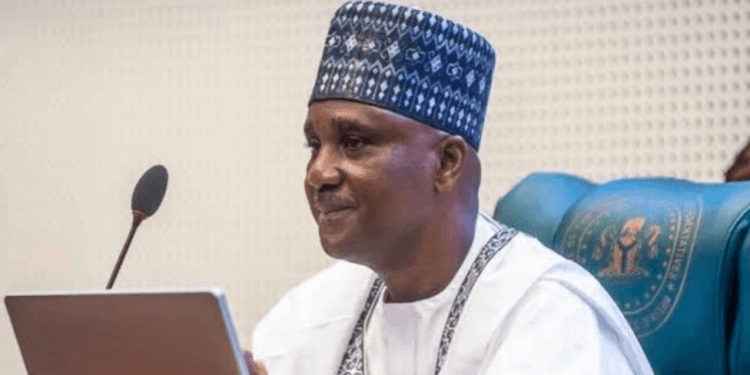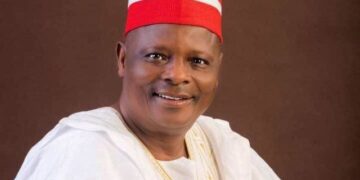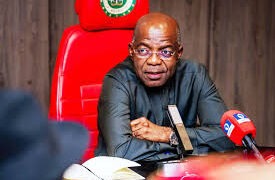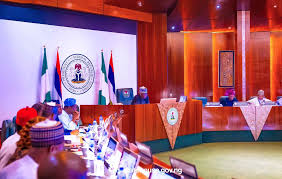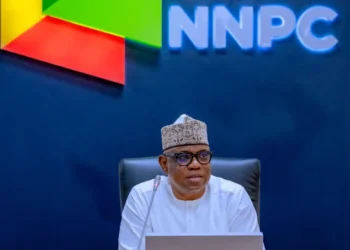Speaker of the House of Representatives, Tajudeen Abbas, has called for the establishment of additional colleges of education across Nigeria, arguing that the existing 205 institutions are insufficient to meet the country’s educational demands. He made this statement on Tuesday while addressing a legislative session focused on education reforms.
Abbas emphasized that Nigeria’s growing population, with over 60% under the age of 24, creates a rising demand for qualified teachers. He argued that despite the presence of federal, state, and private colleges of education, the sector still struggles to produce enough educators to sustain the country’s learning institutions. According to him, the proposed bills seeking to create 10 new colleges of education are both necessary and justified.
Highlighting the importance of teacher education, the Speaker stressed that human capital is the foundation of national development. He noted that while material resources are essential, they remain dormant without skilled professionals to utilize them effectively. Expanding teacher training institutions, he said, is crucial for sustaining education, driving innovation, and boosting economic growth.
The House Committee on Colleges of Education, chaired by Adamu Tanks, echoed the Speaker’s concerns, stating that the legislature remains committed to ensuring every Nigerian has access to quality teacher training. He emphasized that well-trained teachers are essential for national development and that increasing the number of colleges of education is a step toward closing existing gaps in the sector.
House Leader Prof. Julius Ihonvbere, one of the bill’s sponsors, lamented the current shortage of quality teachers in many Nigerian schools. He argued that without well-equipped training institutions, the education system would continue to struggle. Similarly, Anamero Dekeri, a lawmaker advocating for the establishment of a Federal College of Education Technical in Ogute-Oke, Okpella, stressed the importance of technical education in advancing national development.
The public hearing on the proposed bills provided an opportunity for policymakers, education experts, and community leaders to engage in discussions aimed at strengthening Nigeria’s education sector. Lawmakers assured stakeholders that the legislative process would prioritize equitable distribution of educational institutions across the country, ensuring that every region benefits from improved teacher training facilities.


